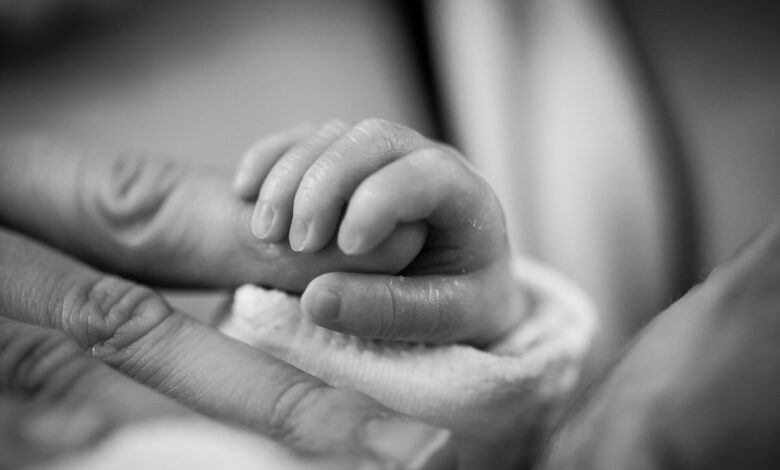After the joy of birth, new moms face ‘the wilderness’

Giving birth is one of the most monumental events in a woman’s life. The joy of bringing a new life into the world is unparalleled, but often overshadowed by the challenges that come with recovery after childbirth. While parents are busy adjusting to their new roles and responsibilities, the physical and mental toll of giving birth can sometimes be overlooked.
Dr. Pervez Sultan, an obstetric anesthesiologist, witnessed firsthand the struggles his wife faced after giving birth to their first child. This experience prompted him to delve into researching the recovery process after childbirth. Together with Dr. Deirdre Lyell and colleagues at Stanford Medicine, they developed the STORK (Stanford Obstetric Recovery Checklist) to evaluate and monitor mothers’ recovery postpartum.
The STORK survey aims to address the gaps in traditional postpartum care by encompassing physical recovery, mental and emotional health, motherhood experience, social support, and sleep and fatigue. By asking targeted questions, healthcare providers can identify areas where mothers may need additional support and intervention.
The need for a standardized measure of recovery from childbirth is crucial, especially in a country like the United States with the highest maternal death rate among high-income countries. The traditional six-week follow-up appointment may not capture the full scope of a mother’s recovery experience, which is why tools like STORK are essential in providing comprehensive care.
Through extensive research and interviews with new mothers, Dr. Sultan and his team discovered significant factors that impact recovery, such as the type of delivery (vaginal, cesarean), anesthesia used, and whether it’s the mother’s first child. By analyzing this data, they hope to tailor care plans to individual needs and improve outcomes for mothers postpartum.
The ultimate goal of STORK and similar initiatives is to ensure that mothers receive the support and care they need during the critical postpartum period. By proactively addressing physical and mental health concerns, healthcare providers can help mothers navigate the challenges of recovery and transition into motherhood with confidence.
As we continue to prioritize maternal health and well-being, tools like the STORK checklist offer a valuable framework for assessing and monitoring recovery from childbirth. By empowering mothers with the resources and support they need, we can pave the way for a healthier and more positive postpartum experience for families around the world.





